Interviews with EUR-Organic Alumni
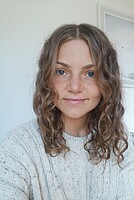 | Lina Schardey finished her EUR-Organic Double Degree Master in 2021. Read about what Lina is up to now. |
"In May 2022 I started working for the Bavarian State Institute for Viniculture and Horticulture (LWG) in Bamberg. I started with a project position for the project "Innovative methods for organic weed control in horticulture". This involved testing autonomously driving chopping robots for weed control in vegetable cultivation.
After a few months, I was offered another position, but at the same institute and also in Bamberg, only in a different project. I then accepted the position, and in the meantime I am the coordinator of the Competence Center for organic Horticulture at the LWG in Bamberg.
The "Competence Center for organic Horticulture" is a larger project at the LWG in Bamberg whose goals are to implement the goals defined in the "Organic Regio 2030 Act" (30% of the land in Bavaria should be organically farmed by 2030) in the horticultural sector, or to support this implementation. We do a lot of our own trials on Bavarian organic farms (on farm research) in vegetable and fruit growing, but also, for example, in organic Christmas tree cultivation and otherwise a lot of networking and organizing events.
It's a very exciting job and I enjoy it a lot!"
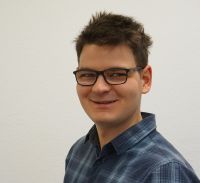 | Moritz Stüber finished the EUR-Organic programme in 2020. Read more about his experiences with the double degree programme |
Q: What inspired you to start studying the EUR-Organic master?
It was already clear to me during my bachelor's degree in food science, that I wanted to focus more on plant-based food in my master's degree. That basically brought me in the direction of agricultural sciences. Thanks to the EUR-Organic master, I was able to combine my studies with my further interests in sustainability and environmental protection. I was also attracted by the international focus of the program.
Q: Which home and host university did you decide for?
I had already studied at Hohenheim for my bachelor's degree and could well imagine staying at the university for my master's degree. I chose ISARA as a host university, because I was really curious about Agroecology. I did not regret my decision. Lyon is a wonderful city, the time and the studies there were great.
Q: What are you doing now after graduating?
After I had finished my thesis, I worked several months in an internship on a permaculture farm in Spain. Then, the Covid-19 pandemic came up right in the middle of my job search. I gained my first work experience after my master’s degree in a seasonal conservation program, for which I mainly worked outdoors. Since last summer, I have been working for Landcare Germany (Deutscher Verband für Landschaftspflege) on the topics of peatland and climate protection and agricultural policies. I am happy to combine nature and environmental protection with agriculture. I’m convinced, there should be a lot more synergies between these important topics.
Dimitrios Papageorgiou
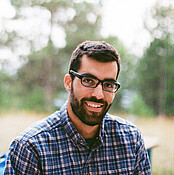 | Dimitrios Papageorgiou finished his EUR-Organic Double Degree Master in 2019. Read about what Dimitrios is up to now. |
"After graduating from the EUR-Organic double-degree program at Hohenheim & BOKU, I decided to return to my home country and become useful in areas of need that would allow me to create a positive impact on our society. This is exactly what I achieved by working for a humanitarian NGO for about 2,5 years. In parallel and in between other things, I worked on formulating and jointly publishing a scientific paper based on my Master´s Thesis research, part-time assisted the Green Institute of Greece (coordinating trainings and facilitating workshops) and voluntarily organized citizen science events in rivers of my region. Since last summer I run in the position of Communications Coordinator for an environmental NGO mainly dealing with biodiversity conversation, sustainable development, advocacy and awarenessraising in the transboundary region of Prespa."
 | Victor Portillo finished his EUR-Organic master's in 2018 and agreed to tell us a bit more about his experiences as a student and what he is up to now. |
Q: Thank you very much for your time, Victor! Before we talk about your studies, can you tell me something about your life now, and how came to be? A: Yes, no problem! So, after finishing my studies, I was doing some part-time/temporary jobs, mainly in relation to educating teenagers while planning a project of community living combined with agriculture. Finally, about one year ago, I got a contract to rent a house and the surrounding land with a group of friends. Here we could start our project of community life and three of us started to run a gardening project. Our goal is to direct sell vegetables in the surrounding villages. Right now, we are harvesting our first crops. We had this project in mind for a long time and I’m very glad that it is developing so well! Q: Congratulations! And what about the future, do you plan to expand? Do you want to take the route of a community funded agriculture (CSA)? Q: Now that we know where you are now, let us go back to the beginning! What inspired you to start studying the EUR-Organic master? A: Well, my bachelor's was environmental biology and the topics of farming and sustainable food always attracted me! But the true reason for starting this master was that a friend of mine was already studying it and she liked it a lot! The time she told me about it I was already working and the idea of studying and traveling again really convinced me! Q: Can you tell me more about your choice of home and host universities? A: I was checking the different universities and I liked the flexibility of choosing out of so many different subjects at BOKU, I really liked that freedom! For my host university, I chose Lyon! I have always wanted to spend some time in France to improve my French and I really liked the city! Q: Can you remember, what were your first impressions and experiences at BOKU and in Vienna? A: To be honest, the first few months in Vienna were a bit of a struggle, because I was not used to the climate (the winter!) and the language, but now looking back I really had a good time and a good experience in Vienna. I met a lot of people that became friends for life and there is also a lot to do and to experience in a big city like Vienna! My first impressions of BOKU were interesting. BOKU was quite different from the universities I studied before, I really liked the atmosphere and it was quite easy to meet new people. I also liked the courses and again the freedom to choose the courses that really interest you! Q: And how was your experience in Lyon? A: I really had a nice time in Lyon as well. I shared a flat with some other students of the EUR-Org master and we had a great time together. Lyon as a city is wonderful! The studying experience in Lyon felt very personal and intimate, the team of teachers was smaller and there were fewer students as well and I enjoyed a very good relationship with the program coordinator there! The perspective on agroecology is also quite different from BOKU, and I think that working on the same topic from different angles was very rewarding! | 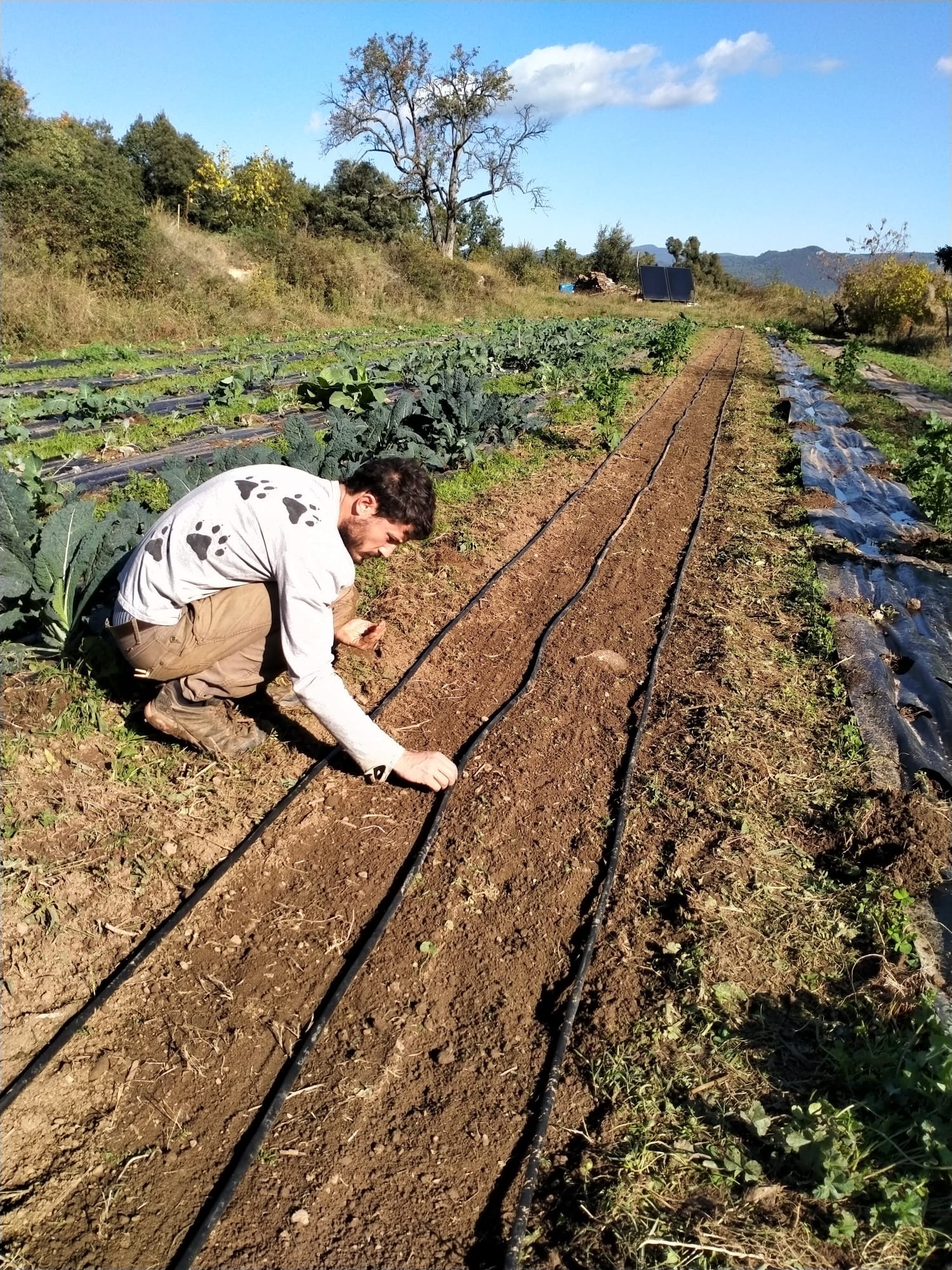 |
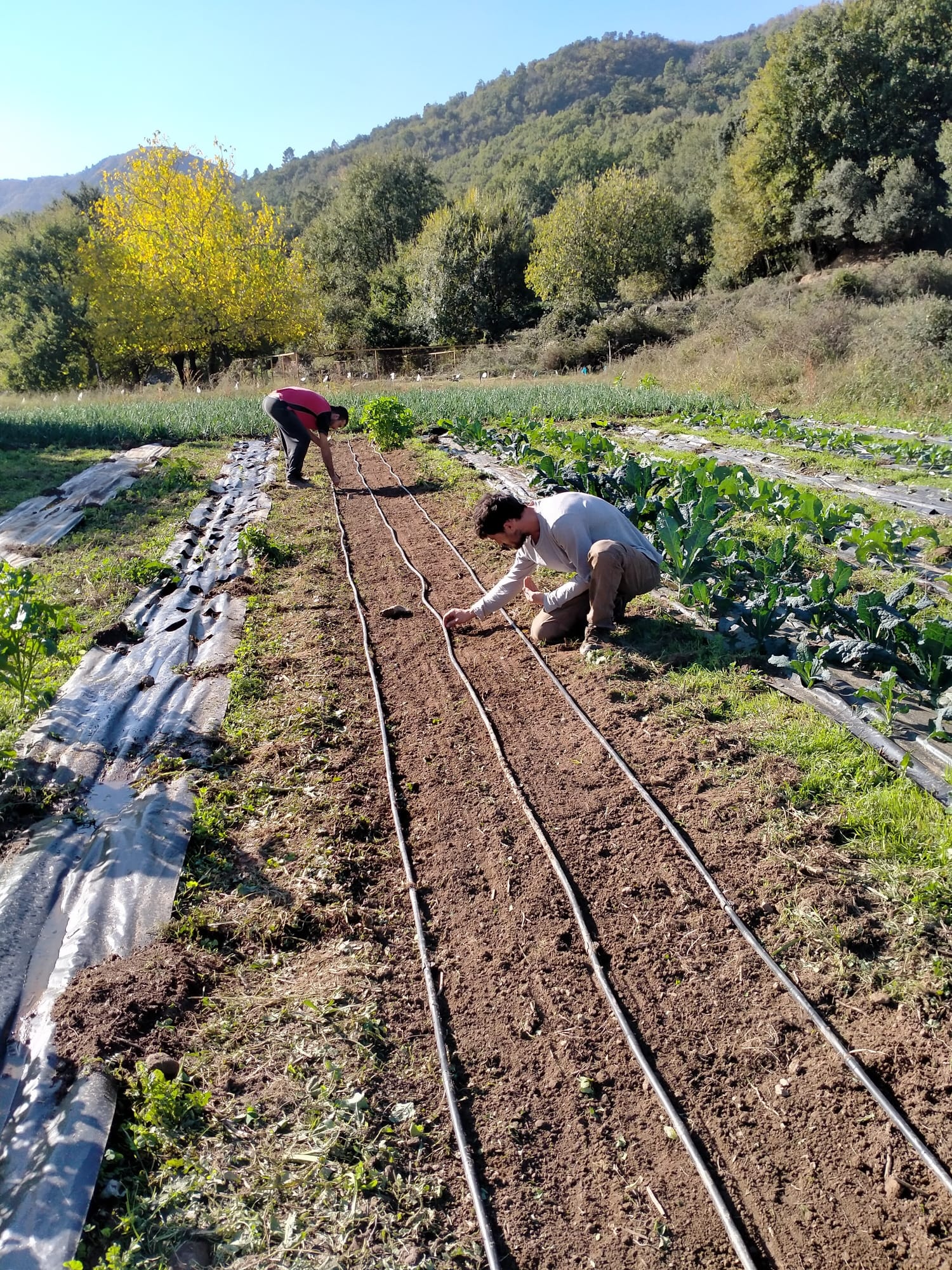 | |
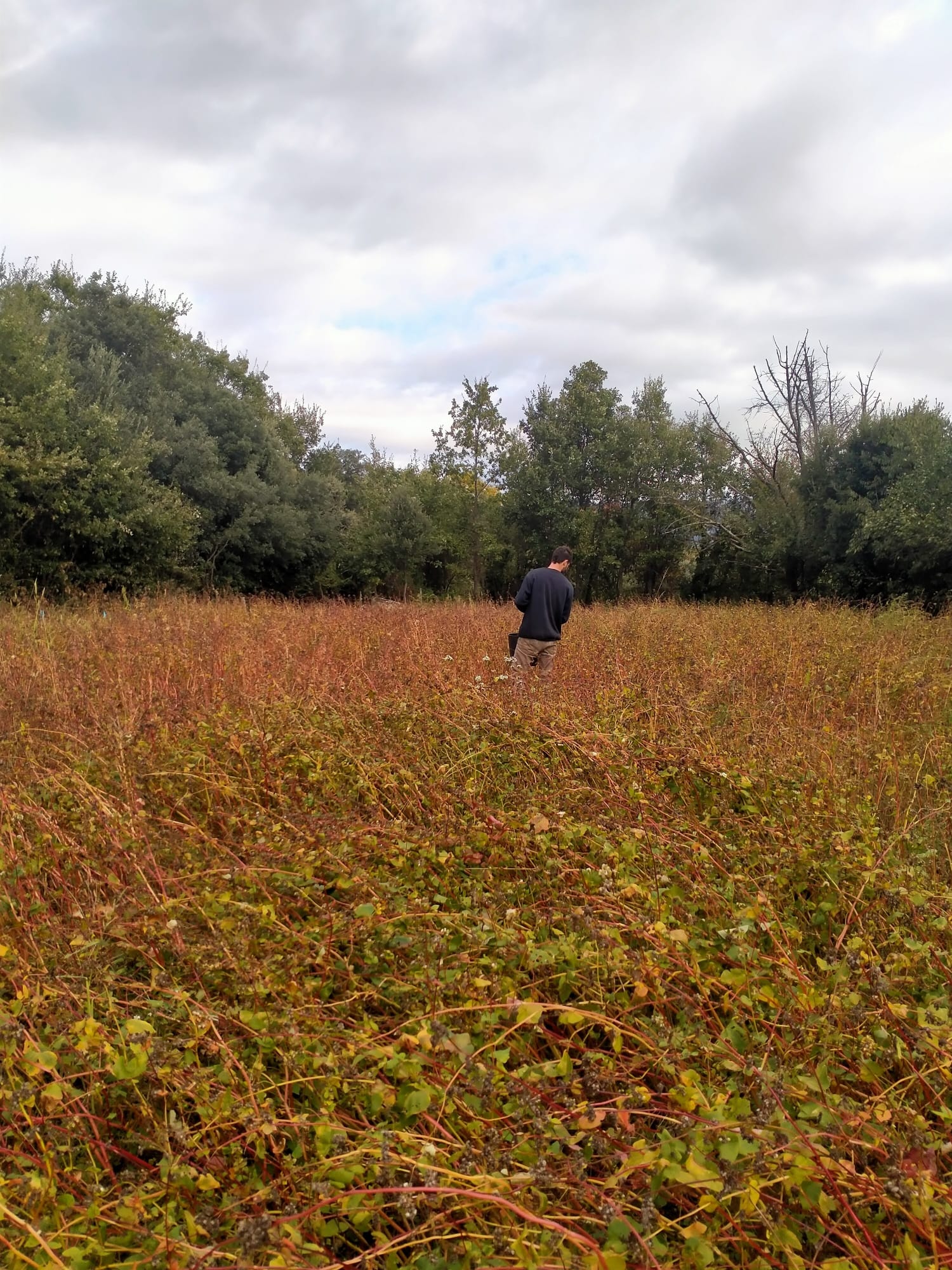 | |
Q: Did you enjoy studying at two universities for your masters? Did you struggle to organize everything? A: I cannot recall too many struggles, for your thesis you have to organize with people from both universities and this takes quite a lot of paperwork that needs to be sent around. This was sometimes quite annoying but I was really lucky with my supervisors, they were really helpful and guided me well through this! Q: Did you feel supported throughout your studies? A: Yes, I felt in good hands and I felt that everything was organized well, whenever there was a problem I had somebody to write to and they would help me out! Q: Can you tell us some highlights of your master's? A: I joined a two-week trip to Ethiopia for a course and it was a great experience! We saw so many things away from typical tourist destinations and really got into contact with rural farmers as well as students there! I never considered traveling so far away before this study program and this trip was surely one of the highlights of my study career! For me, for sure the best thing is all the people that I met from all around the world and all the friendships that developed! Q: For balance's sake, where there also some disappointments? A: Well, not really. Adapting to a new city and a new environment felt quite hard at the time but in the end, it was enriching! Of course, the workload of exams and papers was high sometimes, but that's part of the game! Q: Thanks again for your time Victor, as a closing question, would you do it again? A: Yeah for sure, anytime! I think of my time as a master's student a lot! I had two very nice years and I don’t regret anything! | |
